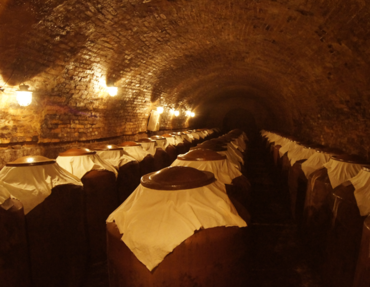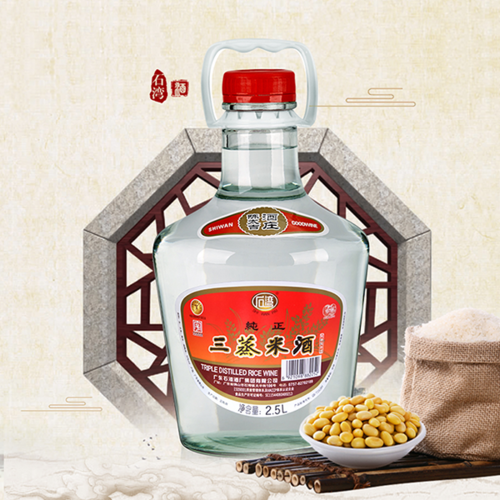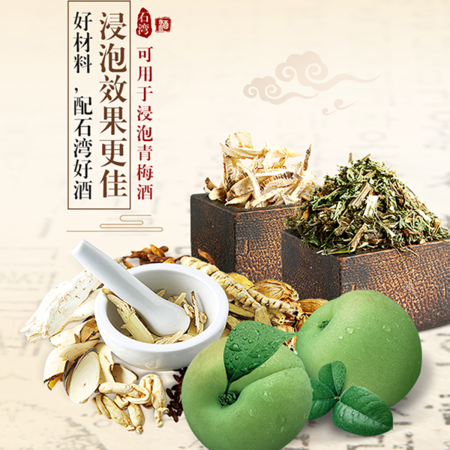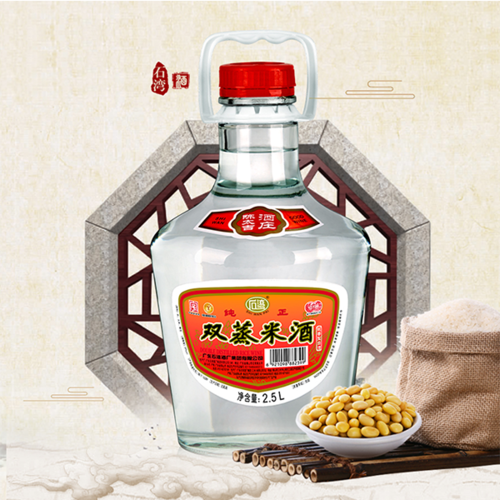How are Herbal Spirits Made?
Herbal spirits have been a part of human culture for centuries, used for their medicinal properties, unique flavors, and spiritual significance. But how exactly are these intriguing beverages made? Let's delve into the fascinating process of creating herbal spirits.
Introduction to Herbal Spirits
Herbal spirits are alcoholic beverages infused with herbs, spices, or other botanical elements. They have a rich history, with roots in ancient medicinal practices where herbs were steeped in alcohol to extract their beneficial properties. Today, they are appreciated not only for their potential health benefits but also for their unique flavors and aromas that make them a favorite among mixologists and culinary enthusiasts.
The Process of Making Herbal Spirits
The creation of herbal spirits is an art that requires patience and precision. Here's a step-by-step guide to the process:
Selection of Herbs
The first step in making herbal spirits is selecting the herbs. The choice of herbs can significantly influence the flavor profile of the final product. Fresh, high-quality herbs are preferred for their potent flavors and aromas. From aromatic herbs like rosemary and basil to spicy ones like cayenne, the possibilities are endless.
Extraction Process
Once the herbs are selected and prepared, they are steeped in alcohol. The alcohol acts as a solvent, pulling out the flavors, aromas, and medicinal properties of the herbs. This process is known as extraction. A bottle of simple, inexpensive vodka is often sufficient for this purpose.
Steeping Period
The steeping period is crucial in the making of herbal spirits. During this time, the herbs are left to soak in the alcohol, allowing for a thorough extraction of their essence. This period can last anywhere from a week to several months, depending on the desired strength and complexity of flavors.
Straining and Bottling
After the steeping period, the mixture is strained to remove the solid herb parts, leaving behind a clear, flavorful spirit. The strained liquid is then transferred to a storage container, preferably a glass bottle with a non-metallic lid, where it can be stored for up to a year.
Variations in the Process
While the above process outlines the basic method of making herbal spirits, there are several variations and techniques that can be employed to create unique flavors and experiences.
Fat Wash Method
An interesting variation in the process of making herbal spirits is the fat wash method. This involves mixing a flavorful oil, such as bacon fat, with alcohol. The mixture is then frozen, allowing the fat to solidify and be easily separated from the alcohol. The result is a spirit infused with the rich, savory flavors of the oil.
Different Types of Alcohol
The choice of alcohol can also influence the taste and strength of the herbal spirits. While vodka is commonly used due to its neutral flavor, other spirits like rum, whiskey, or gin can be used to impart additional flavors to the infusion.
Practical Tips and Advice
Making herbal spirits at home can be a fun and rewarding experience. Here are some practical tips and advice to ensure a successful brewing session:
- Always use fresh, high-quality herbs for the best flavors.
- Shake the jar daily during the steeping period to help the flavors meld.
- Taste the infusion periodically to monitor the development of flavors.
- Store your herbal spirits in a cool, dark place to preserve their flavors and medicinal properties.
The Use of Herbal Spirits in Cooking and Mixology
Herbal spirits are a versatile ingredient in the kitchen and the bar. They can be used to add depth and complexity to a variety of dishes and cocktails. For instance, a splash of rosemary-infused spirit can elevate a simple roast chicken, while a basil spirit can add a refreshing twist to a classic mojito.
Conclusion
Making your own herbal spirits is a journey of discovery and creativity. It allows you to experiment with different flavor combinations and create a beverage that is uniquely yours. So why not give it a try? With patience, precision, and a bit of experimentation, you can master the art of making herbal spirits and enjoy the fruits of your labor in every sip.







